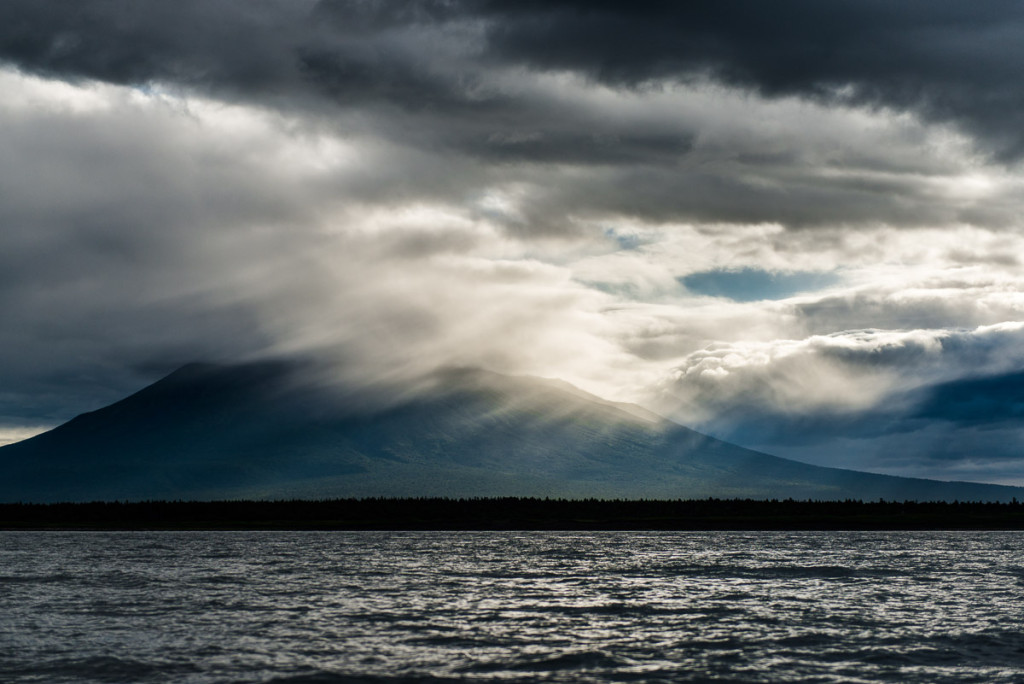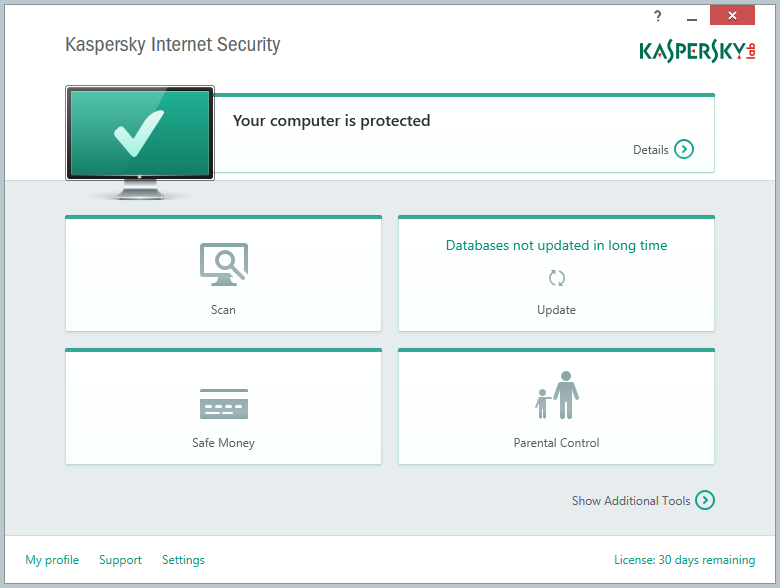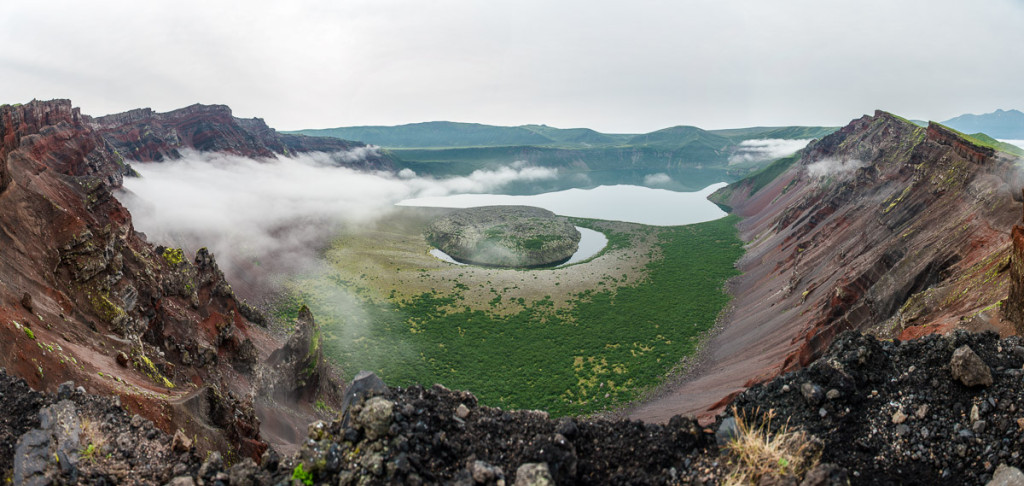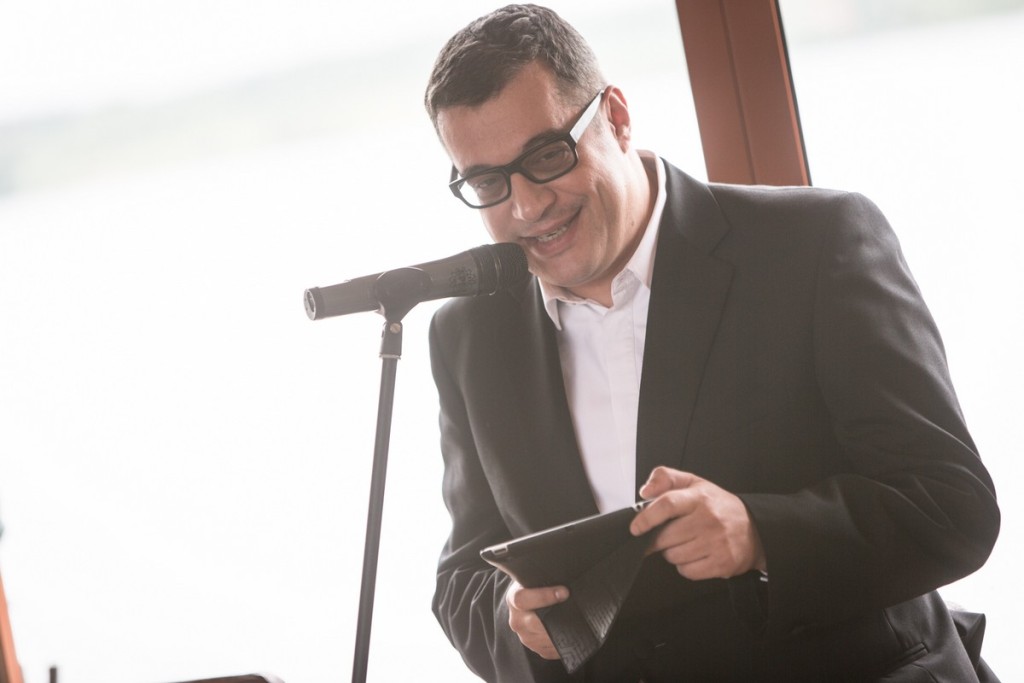September 10, 2014
Kuril KLimate.
To get to see real tundra it turns out you don’t need to go to the Far North (or far south – say, to Tierra del Fuego); for something very similar to tundra conditions can be found in perfectly moderate latitudes. For example, on the Kurils.
Here on the Kurils Mother Nature must have been having an off-day when putting the finishing touches to their climate. On one side of the island there’s the cold Pacific Ocean; on the other – the bitterly freezing Sea of Okhotsk. If the wind blows from the south it can be warm and humid; if from the north – a Siberian chill can take over. So it gets a bit muddled. But generally in winter here it’s always very cold – with snow up to the waist; while in summer it’s just so-so cold – but always humid, plus foggy, plus drizzly, plus rainy.












